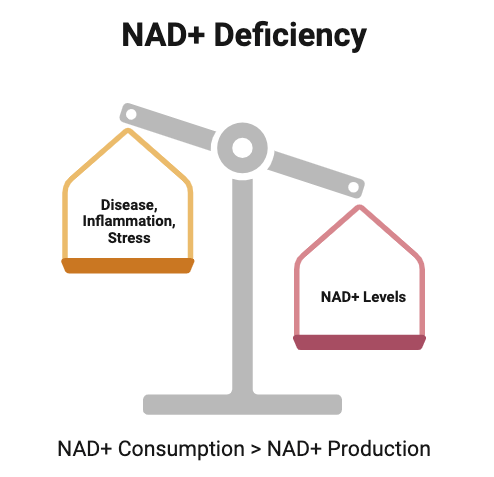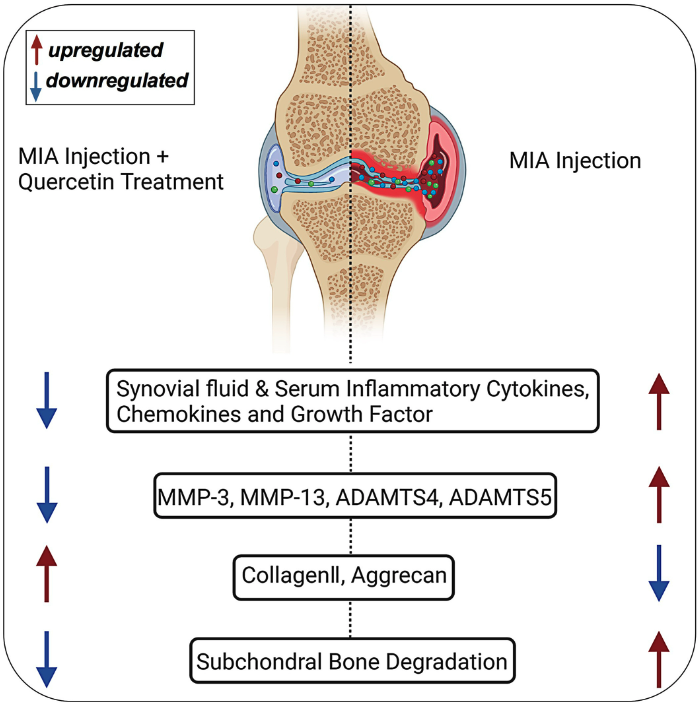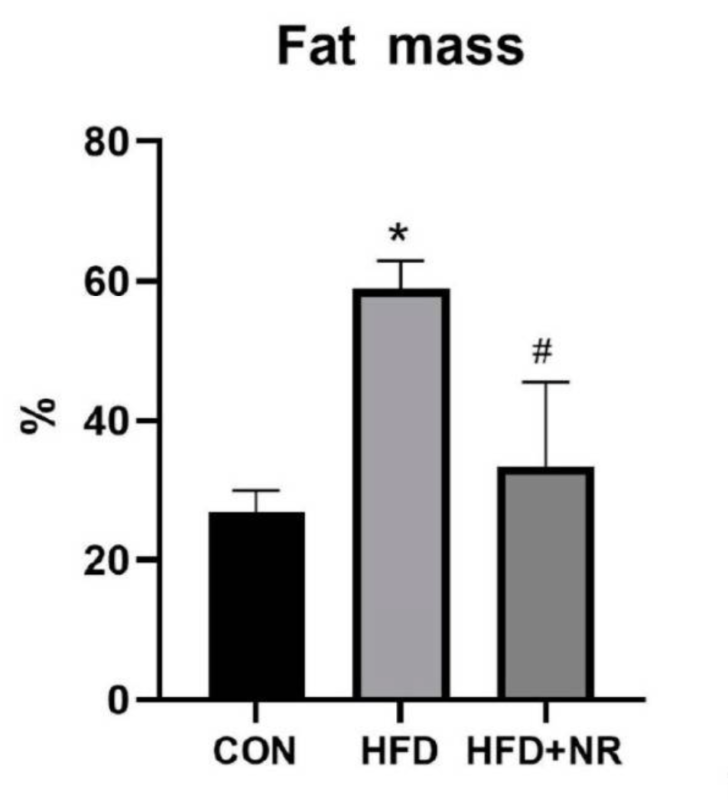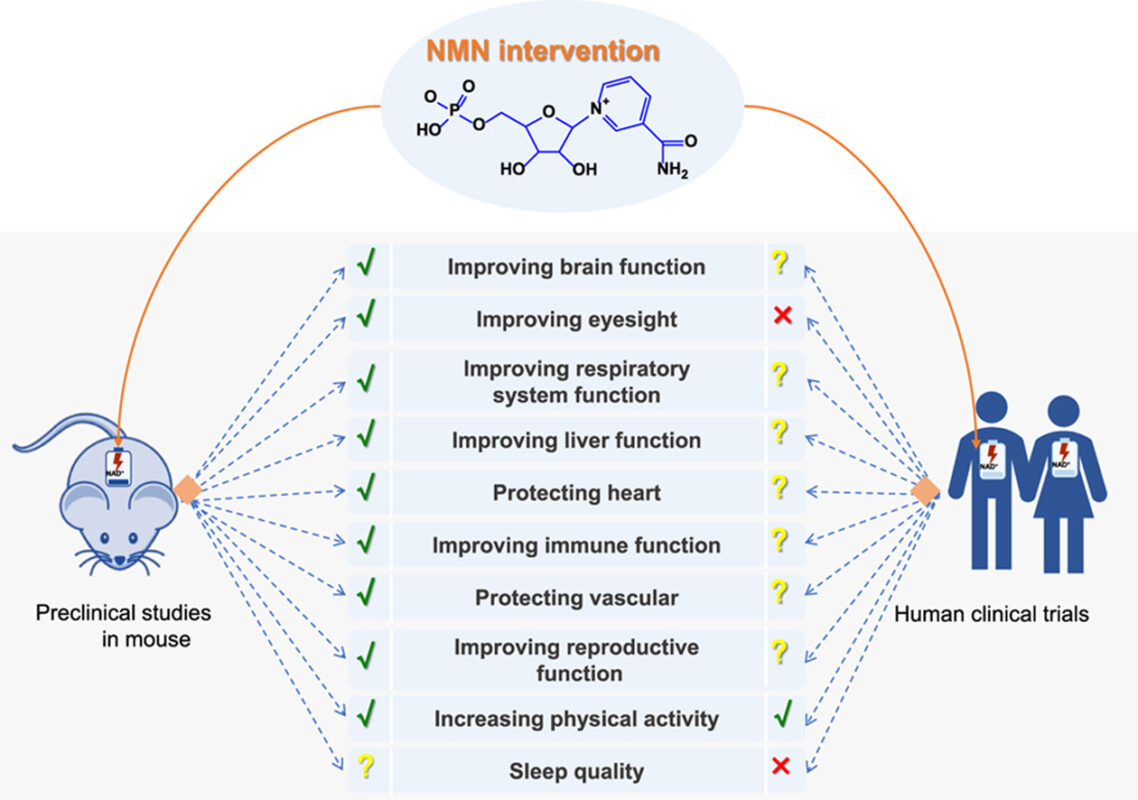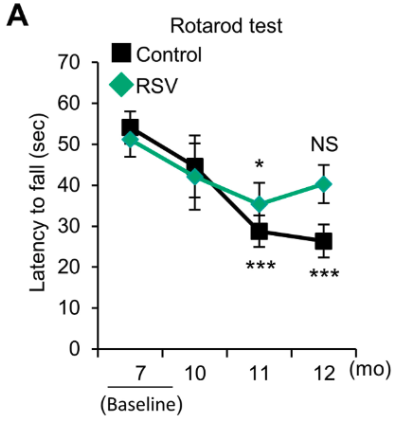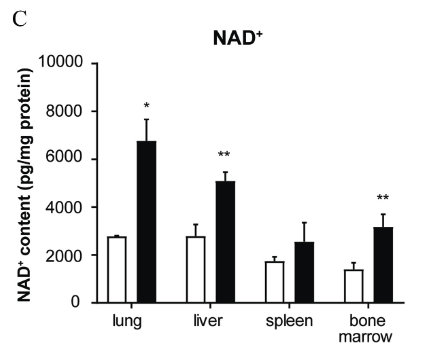Category Archives: Kidney, Liver & Lungs
Many diseases and biological stressors disrupt NAD+ metabolism and are associated with low levels of NAD+, such as obesity, infection, alcohol consumption, and high blood pressure.
Hesperidin is a flavonoid, a type of plant compound that has been shown to have a wide range of health benefits. It is found primarily in citrus fruits, such as oranges, lemons, grapefruit, and limes. Hesperidin exhibits anti-inflammatory and antioxidant activity, protecting cells from two key contributors to the onset of age-related and chronic diseases: inflammation and oxidative stress.
Modern research supports the traditional uses of Ashwaganda, showing it may help reduce stress, anxiety, fatigue, improve cognitive function, boost the immune system, and help manage blood sugar levels.
This study showed that Quercetin protected rats with osteoarthritis against bone and cartilage damage by reducing inflammation and modulating levels of proteins associated with cartilage health.
This study showed that NR supplementation protected mice from HFD-induced metabolic dysfunction, specifically through protecting mitochondrial function in the skeletal muscle.
More than 240 clinical trials have been conducted to understand the potential health effects of Resveratrol. Evidence suggests Resveratrol may enhance longevity, heart health, glucose and fat metabolism, and bone health.
A clinical trial examined Coenzyme Q10’s (CoQ10’s) effects on episodic migraines in women, finding significant reductions in migraine frequency, duration, severity. CoQ10 also reduced the levels of TNF-ɑ and CGRP, a peptide linked to migraines that promotes inflammation and pain signaling.
Resveratrol supplementation effectively protected mice against age-related muscle mass loss, heart cell enlargement, and motor dysfunction.
Resveratrol supplementation effectively protected mice against age-related muscle mass loss, heart cell enlargement, and motor dysfunction.
CoQ10 may extend its potential benefits beyond its traditional role in energy production. Emerging research suggests it could provide cardioprotective effects and reduce migraine symptoms. Moreover, its anti-inflammatory and antioxidant properties have shown promise in addressing age-related disorders and various diseases.
Oral administration of NMN (500 mg/kg) effectively preserved NAD+ tissue and plasma levels during PM exposure and protected against pulmonary fibrosis in mice.
- 1
- 2


